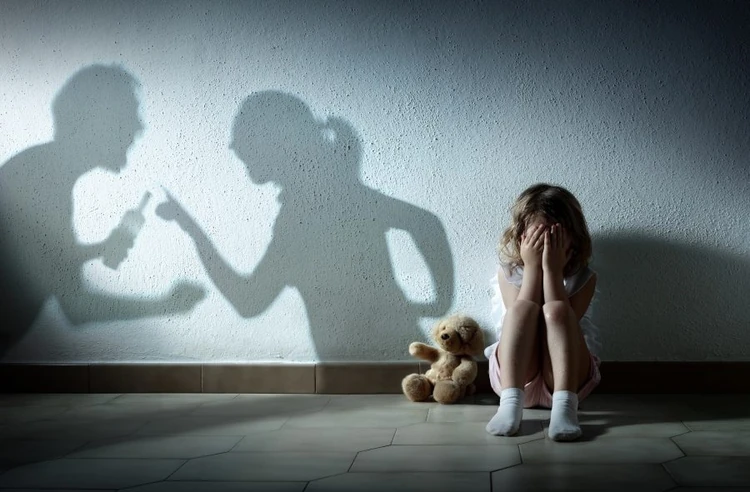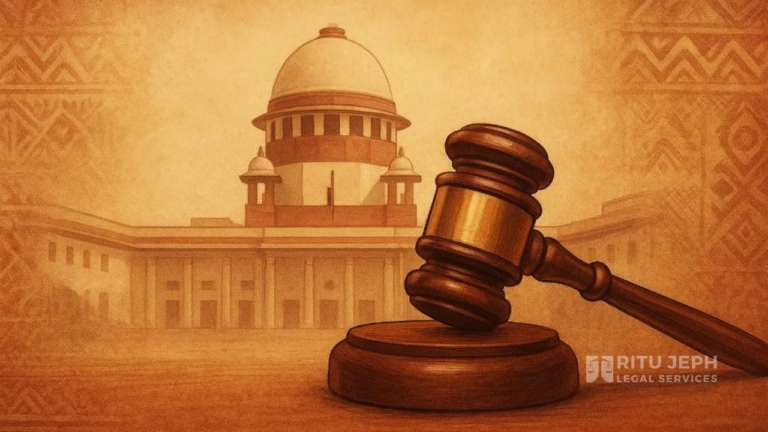Book Appointment Now

The Impact of Childhood Trauma: Unveiling Effects and Healing Paths
Discover the lasting impact of childhood trauma on our lives, from chronic anxiety to disrupted relationships. Explore the various ways unresolved trauma affects us emotionally, mentally, and physically. Learn how to heal and find a path towards recovery from childhood trauma's influence.
Childhood trauma has a lasting negative impact on our lives. It often leads to chronic anxiety and depression. It not only damages our developing brain during childhood but also increases the risk of physical and emotional health issues in adulthood.
Many of my clients have struggled to understand how early trauma has affected their adult lives and relationships. But as we explore the ways trauma can affect us, they begin to make peace with their past and learn how to heal.
ALSO READ: Understanding India’s POCSO Act: A Crucial Legislation for Law Students
Childhood trauma can affect us in various ways—emotionally, mentally, physically, interpersonally, financially, and functionally. It’s important to remember that the effects of unresolved trauma can vary for each person, but here are a few common ways it can manifest:
- Distracted Behavior: This refers to avoiding or escaping vulnerable feelings. It can take the form of substance abuse, eating disorders, gaming addiction, internet or social media addiction, exercise addiction, compulsive fixing or rescuing of others, retail therapy, or workaholism. The irony is that the more we use these distractions, the more we reinforce the pattern and worsen our trauma.
- Promiscuity: Unresolved childhood trauma can lead to high-frequency and shame-inducing sexual behaviors. Some people use sex to disconnect emotionally or gain a temporary sense of worth. These behaviors are different from healthy sexual exploration because they serve as coping mechanisms to fulfill unmet needs for connection and love.
- Drawn to Danger: Due to unresolved trauma, some individuals are attracted to familiar but toxic situations or relationships. They may unknowingly seek out partners who resemble their parents, hoping to resolve their trauma. However, this attraction often leads to self-sabotage rather than healing.
- Attachment Issues: Difficulty in forming healthy and secure relationships is common for adults who experienced childhood abuse or neglect. Attachment issues may result in insecure attachment styles, such as anxious, avoidant, or fearful-avoidant. These patterns can create challenges in maintaining close relationships and may even lead to traumatic bonds.
- Weight Issues: Childhood trauma can directly impact physical health, increasing the risk of asthma, obesity, stroke, diabetes, and heart disease. Chronic stress from trauma can lead to metabolic dysfunction, increased cortisol levels, and appetite, resulting in weight gain. Some individuals may turn to binge eating or restrict their food intake as a protective measure or as a way to regain control over their lives.
Healing from childhood trauma is possible. It requires acknowledging and accepting what happened to us. This process can be lengthy as we grapple with anger, denial, and questions about why it happened. While we have the right to be angry and distance ourselves from those who hurt us, forgiving ourselves for carrying the burdens of our trauma is essential.
ALSO READ: What actions should be taken if you’re falsely charged with domestic violence and dowry allegations?
In situations where you, as a parent, may find it challenging to provide assistance to your child, particularly if the issue is severe, seeking guidance from an expert becomes crucial. Ritu Jeph Legal Services excels in Child Counselling and addressing various mental health needs.
Our esteemed Family Counsellor in Delhi, Ritu Jeph, specializes in helping children overcome stress, anxiety, and negative thoughts, and provides career guidance. We offer comprehensive family welfare and counseling services. To learn more, feel free to reach out to us via email or chat.



